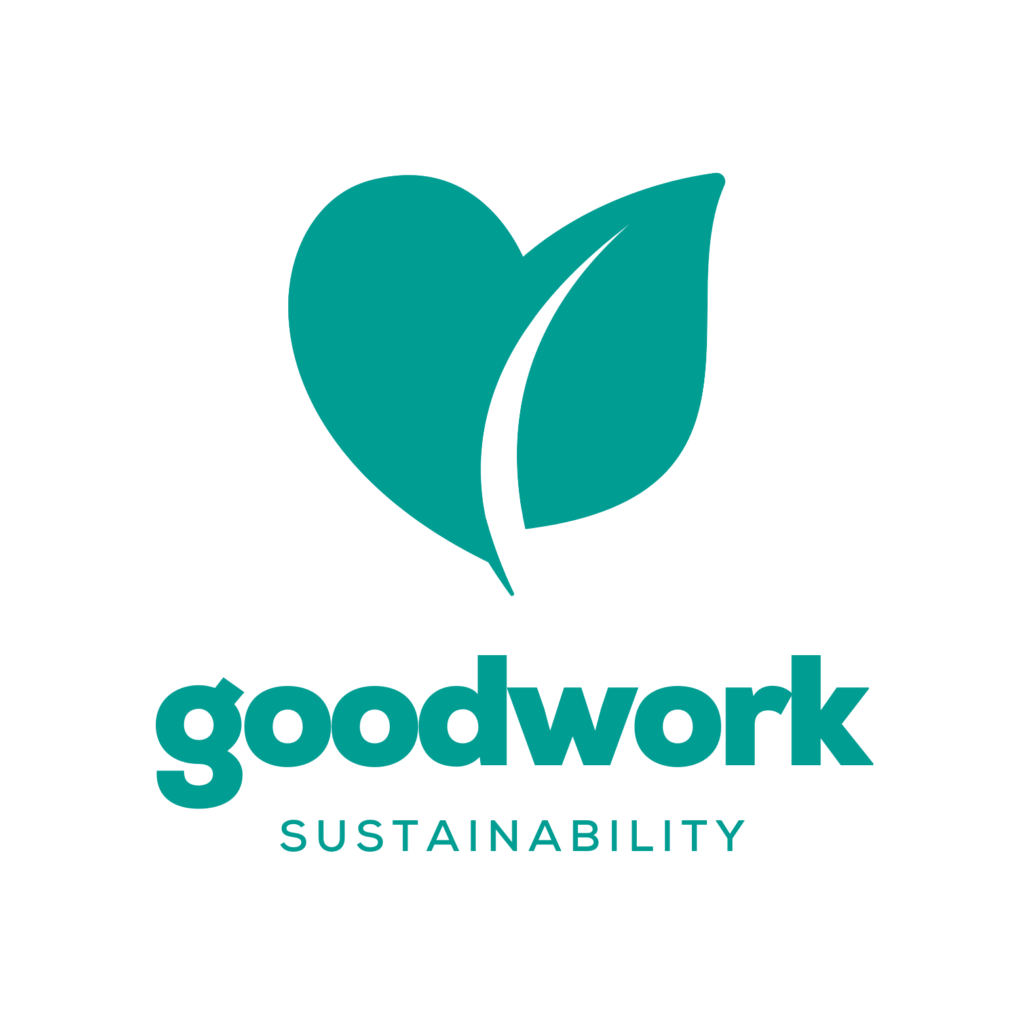Davos 2024: Sustainable SMEs and Startups Blazing the Trail in Innovation
The good news from Davos
At Goodwork Sustainability, one of our goals is to provide our clients with right-sized and relevant sustainable business updates and insights.
We take pride in listening and participating in global discussions focused on sustainable business, whenever possible. We always consider the perspectives of our clients who own or operate small and medium sized businesses (SMEs). In a world of “sustainability soup” where even sustainability professionals are struggling to keep up with new regulations, policies, and practices, it can be particularly challenging for SMEs to do so. We believe knowledge is power, and power that generates sustainable business is beneficial for both people and the planet.
With that as a backdrop, it’s my pleasure to share some highlights from the recent 2024 World Economic Forum, held January 15-19 in Davos, Switzerland. I’m particularly excited about some of the innovation that was showcased and how sustainable SMEs and startups are emerging as trailblazers in tackling some of the world’s biggest challenges.
What is “Davos”, and why does it matter for SMEs?
Since it first opened its doors in 1971, the World Economic Forum’s annual meeting in Davos is where the titans of government, business, academia, and even celebrities gather to discuss global issues. While those attending to represent business have historically skewed towards Big Business (think multinational public companies) it’s encouraging to see the growing number of SMEs in attendance and contributing to the global discussion.
Why is this important? According to the World Bank, it’s estimated that SMEs represent about 90% of businesses worldwide and more than 50% of global employment. They are also critical to a global supply chain which was highlighted during the COVID pandemic. Interestingly, there’s a flip side to the coin with these impressive numbers: it’s estimated by the OECD that SMEs contribute at least 50% of total business-related greenhouse gas emissions, and those figures are likely even higher for developing countries. The additional challenge is that SMEs are less likely than large companies to have the resources or internal expertise to find ways to reduce their carbon footprint. These are just a few reasons why it’s important that small and medium sized businesses be considered, and participate, in discussions taking place in Davos, and on other world stages.
Highlights from this year’s Davos
The Growing Influence of SMEs
Davos 2024 marked a turning point in recognizing the pivotal role of SMEs and startups in global economic and environmental conversations. SMEs are no longer in the background but are now leading initiatives in sustainable business, climate action, nature conservation, as well as diversity, equity, inclusion and belonging (DEIB).
Sustainable Business Practices
The forum highlighted that for SMEs, sustainability is not just a trend but a viable business model. For example, startups are revolutionizing the packaging industry with biodegradable materials that significantly reduce greenhouse gas emissions and the use of plastics. Without this kind of innovation, the World Economic Forum predicts that by 2050, we are likely to see more plastic in the oceans than fish.
Climate Action by SMEs
The urgency of climate change was a dominant theme at Davos, and why innovative solutions are critical to helping reduce or capture greenhouse gas emissions. Modular vertical farming systems were showcased, highlighting how hydroponics and AI can reduce transportation and promote sustainability.
Nature Conservation and Biodiversity
The interdependence of business and nature was a key focus, with SMEs and startups showcasing various AI-equipped technologies for monitoring wildlife, natural habitats, and the health of our oceans.
The Importance of Diversity, Inclusion, Equity and Belonging (DEIB)
Davos 2024 stressed the importance of DEIB in driving business innovation and resilience. SMEs and startups, with their closer community ties and agile structures, are well-positioned to lead in this area.
Collaboration as a Strategic Imperative
A recurring theme at Davos was the power of partnership and collaboration. This is a key pillar of sustainability, so I was particularly pleased to see this highlighted at Davos. SMEs and startups were encouraged to form strategic partnerships across sectors to share knowledge, access new markets, and engage in larger sustainability projects.
Social Impact Innovations
Social impact was another critical area where SMEs shined. Whether it’s a new mobile app connecting rural communities with healthcare providers or a virtual reality platform addressing educational accessibility in disadvantaged areas, SMEs are demonstrating their important role in the sustainability and innovation ecosystem.
The Goods on Davos
The 2024 World Economic Forum in Davos was a significant event for SMEs and startups, spotlighting their vital contributions to sustainable development, climate action, and social responsibility. These smaller businesses are at the forefront of innovative solutions that make a real impact on communities and the environment. Their presence at Davos was more than a showcase of their capabilities; it was a crucial opportunity to access the funding and support needed to expand their reach and increase their positive impacts. The role of SMEs and startups is essential in addressing some of the world’s most pressing challenges, underscoring the idea that even small businesses can indeed be a force for good.



